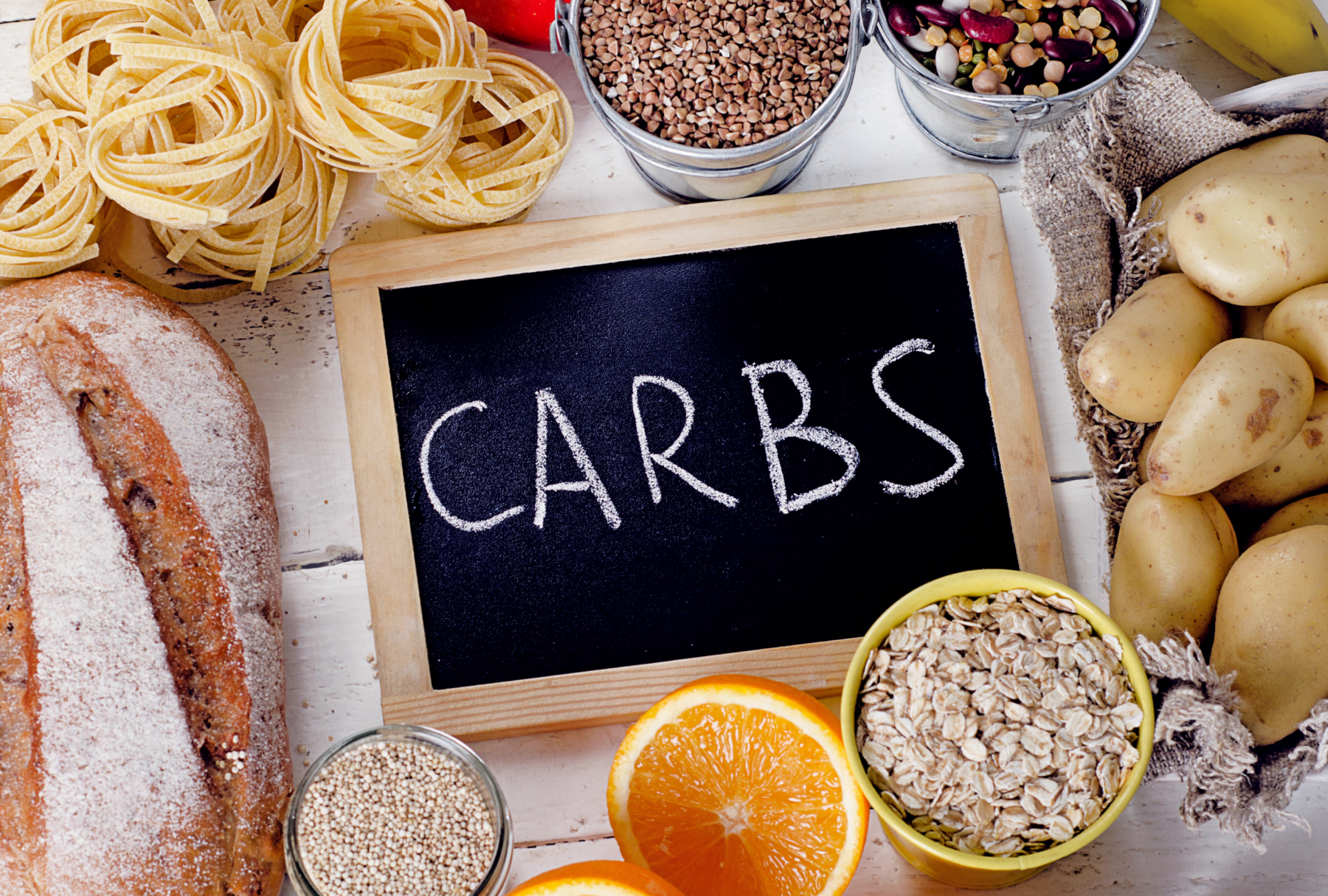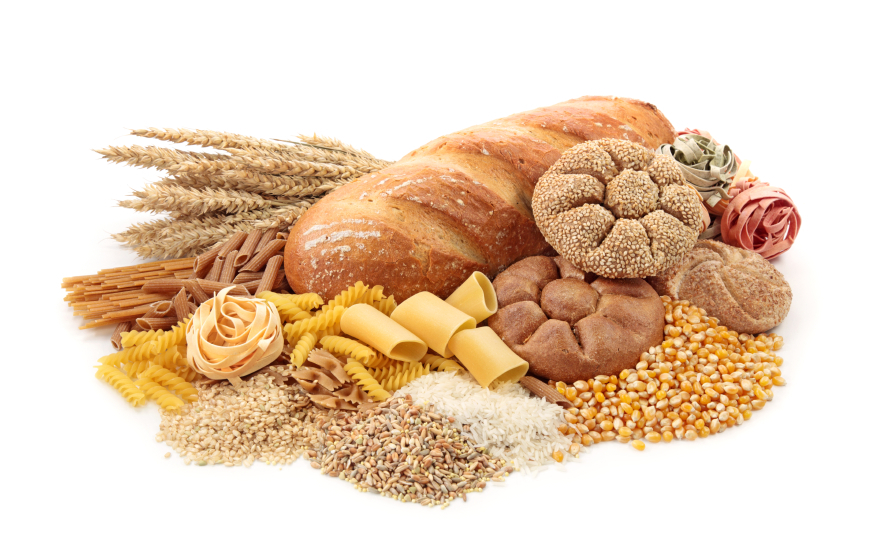Carbohydrates are the most important source of energy for your body. Your digestive system converts carbohydrates into blood sugar (glucose). Your body uses the glucose and stores any extra sugar for when you need it.

Everyone needs to eat carbohydrates, but that doesn't mean you should fuel up with cookies, candy, and potato chips. Learn about the best foods to reach for — and the ones to skip.
This article takes a detailed look at carbs, their health effects, and how you can make the best choices for yourself.
Carbs, or carbohydrates, are molecules that have carbon, hydrogen, and oxygen atoms. In nutrition, “carbs” refers to one of the three macronutrients. The other two are protein and fat.
Dietary carbohydrates have three main categories:
Sugars. These are sweet, short-chain carbohydrates found in foods. Examples are glucose, fructose, galactose, and sucrose.
Starches. These are long chains of glucose molecules, which eventually get broken down into glucose in the digestive system.
Fiber. Humans cannot digest fiber, but the bacteria in the digestive system can make use of some of them. Plus, eating fiber is vital to your overall health.
One of the primary purposes of carbohydrates in our diet is to provide fuel for our bodies.
‘Whole’ vs. ‘Refined’ Carbs
Not all carbs are created equal.
There are many different types of carbohydrate-containing foods, and they can vary in their health effects.
Carbs are sometimes referred to as “simple” versus “complex, or “whole” versus “refined.”
Whole carbs are unprocessed and contain the fiber found naturally in the food, while refined carbs have been processed and had the natural fiber removed or changed.
Examples of whole carbs include:
vegetables
quinoa
barley
legumes
potatoes
whole grains

On the other hand, refined carbs include:
sugar-sweetened beverages
white bread
pastries
other items made with white flour

Numerous studies show that refined carbohydrate consumption is associated with health conditions like obesity and type 2 diabetes.
Refined carbohydrates tend to cause spikes in blood sugar levels, which leads to a subsequent crash that can trigger hunger and lead to food cravings.
They’re usually also lacking in essential nutrients. In other words, they’re “empty” calories.
There are also added sugars, which should be limited as they’re linked to all sorts of chronic diseases.
Here are five quick tips about carb consumption from the Harvard School of Public Health:
1. Start the day with whole grains. Try a hot cereal, like old-fashioned oats, or a cold cereal that has a whole grain topping the ingredients list.
2. Use whole grain breads for lunch or snacks.
3. Bag the potatoes. Instead, have brown rice, bulgur, wheat berries, whole wheat pasta or another whole grain with your dinner.
4. Choose whole fruit instead of juice. An orange has twice as much fiber and half as much sugar as a 12-ounce glass of orange juice.
5. Bring on the beans. Beans are an excellent source of slowly digested carbohydrates as well as a great source of protein.
